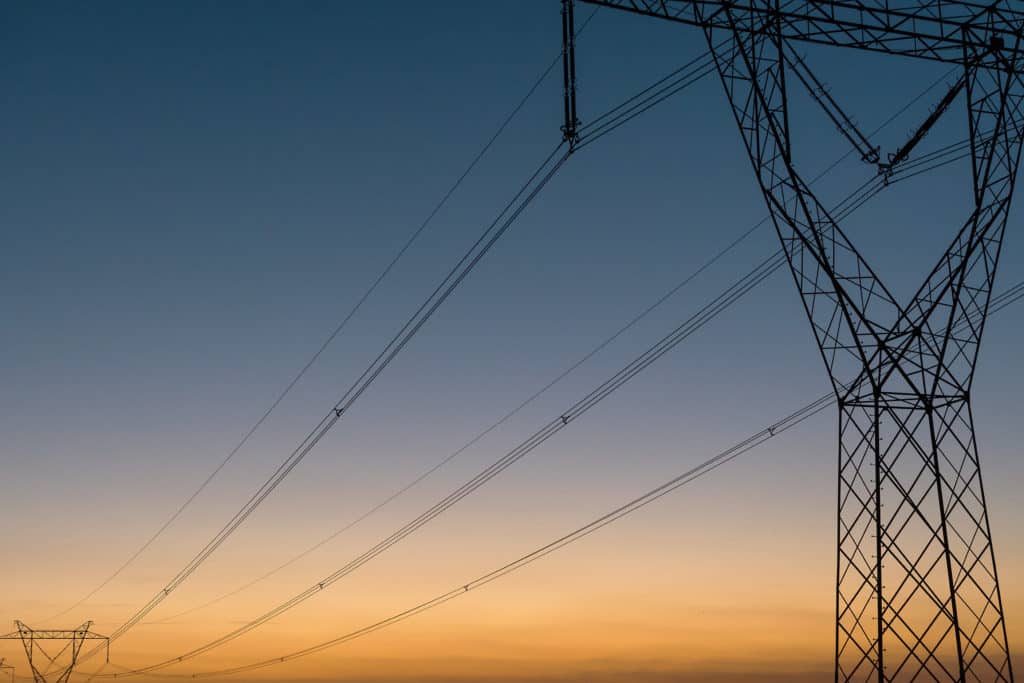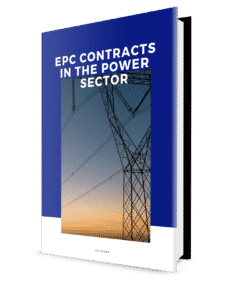EPC Wrap Agreements in Power Projects

Estimated reading time: 4 minutes

Managing International EPC Contracts in the Global Power Industry
The increasing demand for energy has led to an intensification of competition – not only between organisations within the same sector (i.e. coal power generation), but also from the growing alternative energy markets. The rise of ‘clean’ energy has led to a concerted, yet diverse technological development within fields such as wind; tidal and solar power generation facilities. Given these factors, organisations seek different ways in which to achieve a sustainable competitive advantage relevant to one another.
The private sector is learning more towards more Engineering, Procurement and Construction (EPC) contracts when taking on large scale infrastructure projects. In every project, it is necessary to have good contract management in place; otherwise it can have negative consequences for all stakeholders involved. It will also affect the success of the project in terms of project timeline, project costs, project quality, safety aspects and more.
The EPC contracting scheme could work very well for power projects, especially in the cases where the contractor fully understands all legal aspects of the contract, including the allocation of risks. An EPC contract usually covers the following.
Split EPC contracts are common in Middle East and South Asia, where the EPC contract is split into two or more separate contracts. The basic split structure involves splitting the EPC contract into an onshore construction contract and an offshore supply contract.
Reasons for a Split EPC Contract
- It can result in a lower contract price as it allows the Contractor to make savings in relation to onshore taxes, where they avoid paying onshore tax on offshore equipment
- A properly-drafted offshore supply contract may reduce such onshore taxes from otherwise being levied on the offshore elements and reduce corporate income tax or business tax that may be levied on an onshore entity
- It may reduce the cost of complying with local licensing regulations by having more of the works taken offshore
- For countries with strict restrictions as well, a split EPC contract may help them repatriate profits
Wrap-Around Guarantee
As there is no longer a single contractor to satisfy all contractual duties, a third agreement is needed. This is called a wrap-around guarantee, an entity, where either the offshore Supplier or the parent company of the contracting entities, guarantees the obligations of both Contractors. This delivers a single point of responsibility to the Project Company and the Lenders. Both Contractors are also more likely to perform their contractual obligations.
Engineering, procurement and construction (EPC) contracts are the most common form of contract used to undertake construction works by the private sector on large-scale and complex infrastructure projects. To provide a better understanding of EPC contracts, DLA Piper has provided a comprehensive report that covers all you need to know about the application of EPC contracts in the Power industry.
Click below to download your free copy of EPC Contracts In The Power Sector
https://blog.opuskinetic.com/report-epc-contracts

